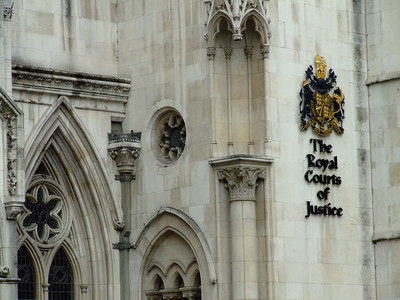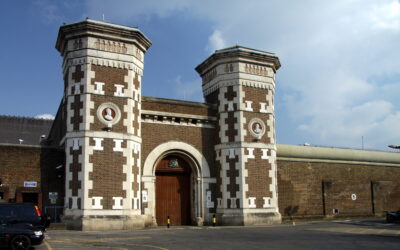
Image credit: “The Royal Courts of Justice” by R/DV/RS is licensed under CC BY 2.0
The Law Commission is the statutory independent body created by the Law Commissions Act 1965 to keep the law of England and Wales under review and to recommend reform where it is needed. The aim of the Commission is to ensure that the law is:
• fair
• modern
• simple
• cost-effective
This week the Law Commission of England and Wales is publishing a paper asking for views on whether and how the law governing appeals for criminal cases should be reformed.
The appeals process allows individuals to challenge their conviction or sentence if they disagree with the verdict or penalty.
In this way, appeals serve an important function in correcting miscarriages of justice and ensuring that the criminal law is applied consistently and fairly.
The Law Commission is reviewing the law to ensure that courts have powers that enable the effective, efficient and appropriate resolution of appeals.
In recent years, there have been worries about the piecemeal way in which the law governing criminal appeals has developed. Several bodies – including the Justice Select Committee and the Westminster Commission on Miscarriages of Justice – have argued that there is a need for reform.
There have been calls to review various aspects of the law governing appeals, such as whether the tests used to grant an appeal are just, and whether current arrangements enable the effective use of court resources.
The Law Commission will investigate a variety of issues, such as:
• Is there a need to reform the process for appealing decisions made in magistrates’ courts?
• Are the powers of the Court of Appeal, the senior court that hears appeals in England and Wales, adequate and appropriate?
• Do the tests used to grant an appeal make it too difficult to correct miscarriages of justice?
• Are the Attorney General’s powers to refer cases to the Court of Appeal, where the sentence is “unduly lenient” or a legal error has been made, adequate and appropriate?
• Are appeals hampered by laws governing the retention and disclosure of evidence for a case and access to records of proceedings?
As a firm, we take a close interest in the appeals system and will look closely at this consultation paper before deciding on our response. We sincerely hope that the current inadequacies in the appeals process can be addressed to ensure that where a lower court has made an error, it can be rectified.
How can we help?
We ensure we keep up to date with any changes in legislation and case law so that we are always best placed to advise you properly. If you would like to discuss any aspect of your case, please contact any member of our vastly experienced Criminal Defence team, for assistance with any criminal law related matter.
–
Mr John Stokes (John.Stokes@danielwoodman.co.uk),
Miss Sarah Turland (Sarah.Turland@danielwoodman.co.uk),
Mr Anthony Pearce (Anthony.Pearce@danielwoodman.co.uk) or
Mr Daniel Woodman (Daniel.Woodman@danielwoodman.co.uk).









